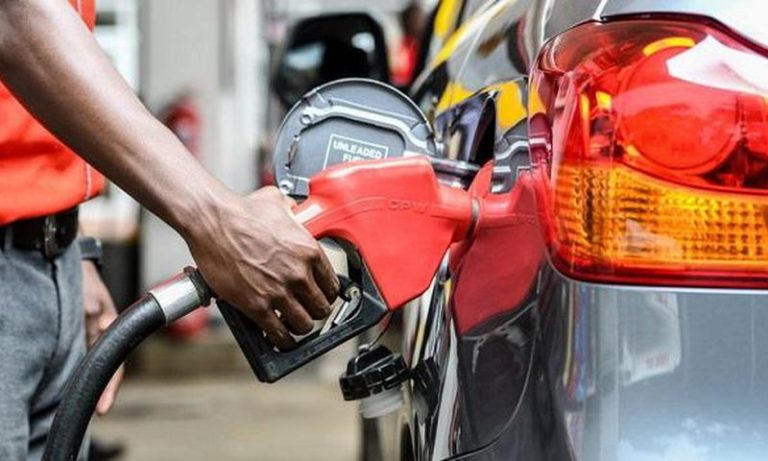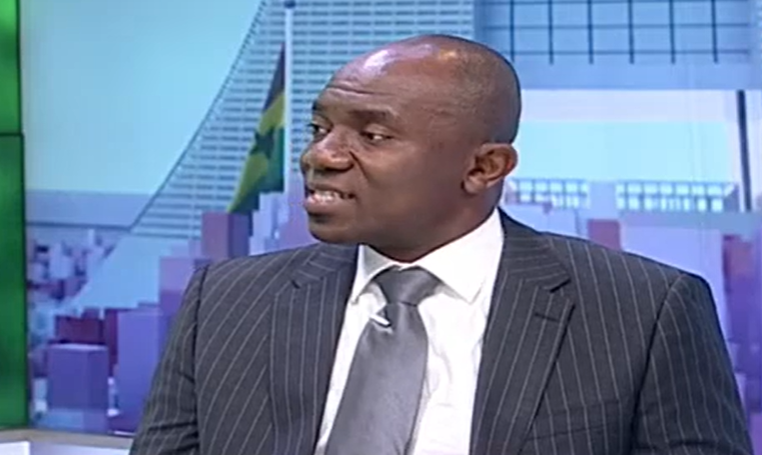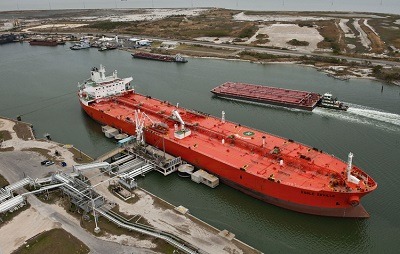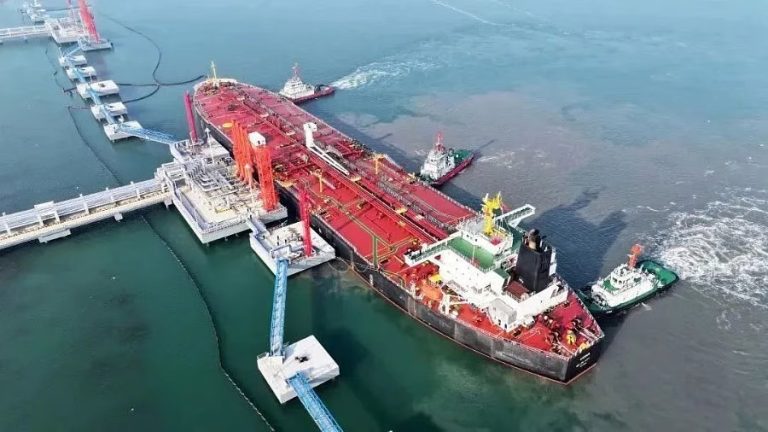Members of the Gas Tanker Drivers’ Association in the Republic of Ghana have called off their industrial action.
The decision follows a meeting between the aggrieved drivers and officials of the National Petroleum Authority (NPA) led by Madam Esther Anku, National Security Officials and Kwaku Agyemang-Duah, Chief Executive Officer of the Association of Oil Marketing Companies and Chairman of the (CRM) Implementation Committee.
The meeting was chaired by Kwaku Agyemang-Duah.
Sources told energynewsafrica.com the NPA had agreed to print Unified Petroleum Price Fund (UPPF) document, which had become an avenue of extortion by the police in Central and Western Regions.
The UPPF would be attached to the drivers’ waybill to stop the harassment by the police.
The NPA further requested the tanker drivers to furnish them with the list of newly constructed LPG stations, which had been embargoed but wanted to be considered for opening.
The proposal by the NPA was taken in good faith by the tanker drivers, hence, their decision to call off their strike.
It would be recalled that last Wednesday, the Gas Tanker Drivers’ Association embarked on a strike action over a number of issues.
They lamented on poor salaries, harassment and extortion by the police in Central and Western Regions, piloting of cylinder re-circulation model policy and embargo on the opening of new LPG stations.
The drivers noted that the NPA’s decision to ban newly constructed stations from operating had halted the wider penetration of LPG in the country.
“The embargo is also restricting job opportunities for us as drivers of LPG tankers. This is because the availability of stations to receive LPG products increases our employability and working times,” they said.
The development, they claimed, had put undue pressure and negatively impacting on their working conditions.
“We call on the NPA to lift the embargo immediately and process all such other station application for operation,” they demanded.
Source:www.energynewsafrica.com





